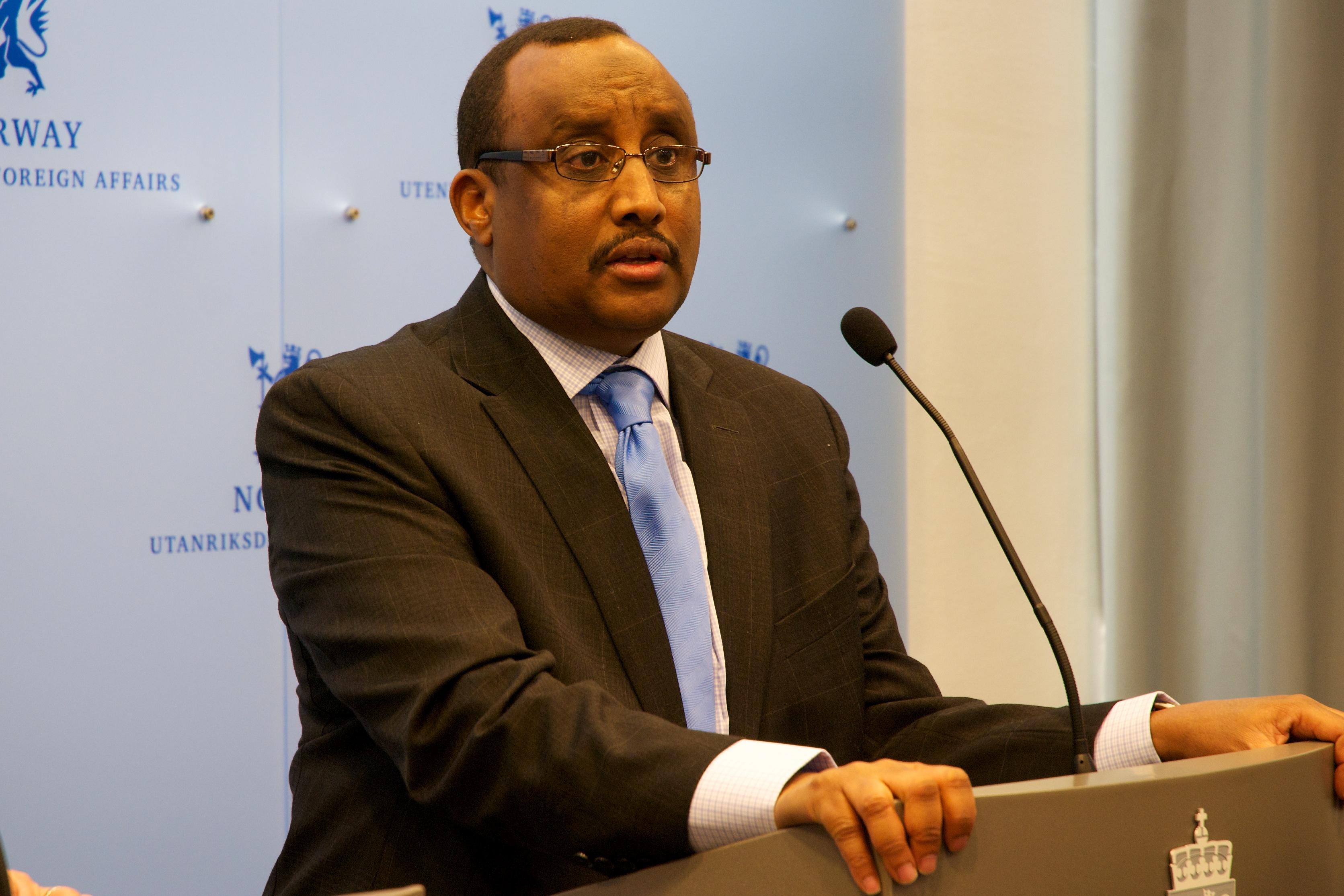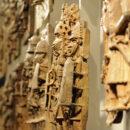
Debating Ideas is a new section that aims to reflect the values and editorial ethos of the African Arguments book series, publishing engaged, often radical, scholarship, original and activist writing from within the African continent and beyond. It will offer debates and engagements, contexts and controversies, and reviews and responses flowing from the African Arguments books.

30 October 2021 “Millions March” in Sudan
During the revolution that toppled former Sudanese leader Omar al-Bashir, the Sudanese Professionals Association (SPA) was the leading force that mobilized more than a million demonstrators in Khartoum and Sudan. But after the removal of al-Bashir the group fractured. The SPA helped topple a dictator but couldn’t convert its popular support into political power.
Understanding why social movements like the SPA struggle to translate mobilization into political gains helps explain in part why the pro-democracy movement has faced setbacks during Sudan’s transition and gives clues to the future.
The struggles of the SPA are identical to other social movements that have toppled dictators. In the late 1990s, students in Serbia united under the OTPOR! movement and eventually led widespread protests that took down Slobodan Milošević in 2000. The Serbian student movement was largely horizontal in structure, meaning there was little central leadership. This organizational model is beneficial against authoritarian regimes for a few reasons. If a dictator arrests or co-opts the leadership the protests can continue. The model is resilient. The SPA had a nearly identical structure as the OTPOR! movement. From 2012 until al-Bashir fell, the SPA had a very weak central leadership and was focused narrowly on workers’ rights.[1]
However in Serbia, OTPOR! crumbled once Milošević fell. The organization struggled to convert from a horizontal structure into a more organized, vertical structure that is necessary to practise politics. In-fighting broke out among the OTPOR! leadership. When it came time for the first parliamentary election OTPOR! did not cross the 5 per cent threshold to get seats.
The experience of the SPA is nearly identical. After al-Bashir fell there was a crisis of leadership inside the organization. Members who had been arrested wanted to return to their positions that had been taken up by new members. A third group of activists who had lived outside the country returned to Sudan and also wanted senior leadership positions. Many senior members of the SPA were also members of various political parties and didn’t want the labour unions to siphon votes away.
As negotiations with the military continued over a transitional government, a rift appeared between the senior leadership who were negotiating in favour of compromise and the rank-and-file members who took a more hardline position against a partnership with the military. The seeds of the SPA’s disillusion were clear in July 2019, even before the transitional agreement was signed. When the SPA held a new election many of the leaders were replaced by supporters of the Communist Party that had an uncompromising political stance. Original leaders, like Mohamed Nagy al-Assam, created a rival SPA faction. The tensions the SPA faced are not unique to Sudan.
There is an “inherent tension between the logic of movement activism and the logic of electoral politics,” wrote the sociologists Doug McAdam and Sidney Tarrow in 2010.[2] “Electoral politics turns on a centrist, coalitional logic. Movements, on the other hand, tend toward narrow, sometimes extremist views and an uncompromising commitment to single issues … As a party attains power and hews to the center… it runs the risk of setting in motion internal party dynamics corrosive of the centrist stance that was key to victory in the first place.”
The takeaway is that managing the rift between more radical views and the need to compromise as part of the political process may be a factor in the success of the SPA and democratic movement in Sudan.
End Notes
[1]Various interviews with SPA leaders, 2019–21.
[2]Doug McAdam and Sidney Tarrow, “Ballots and barricades: on the reciprocal relationship between elections and social movements”, American Political Science Association, 2010.
——————————
“This Is Not a Coup” is a daily update from Sudan that gives perspective on the country’s military takeover. The author is anonymous to protect their identity. The title is a reference to the 26 October speech of General Abdel Fatah al-Burhan.






